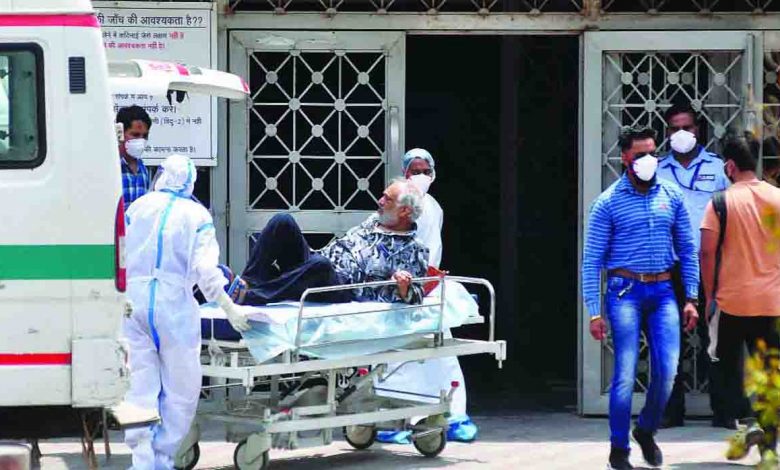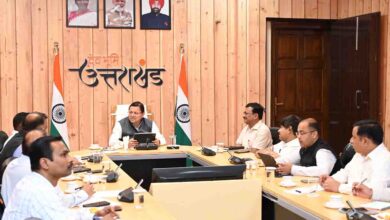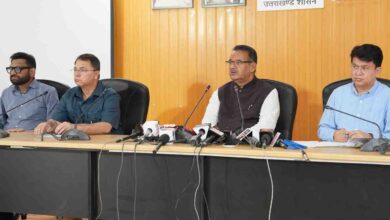PMO plays down 3rd wave day after raising spectre

Saturday, 08 May 2021 | PNS | New Delhi
Strong steps can prevent 3rd wave, says Principal Scientific Adviser to Prime Minister
Two days after he said the third Covid wave was “inevitable”, Principal Scientific Adviser to Prime Minister Dr K VijayRaghavan on Friday sang an entirely different tune when he said such scenario could be prevented with proper preventing measures.
“If we take strong measures, the third wave may not happen in all the places or indeed anywhere at all. It depends much on how effectively the guidance is implemented at the local level, in the States, in districts and in the cities everywhere,” Dr K VijayRaghavan said amid debate whether the nationwide lockdown should be implemented to stem the Covid-19.
Two days ago, Dr K VijayRaghavan had said, “Phase 3 (third wave) is inevitable, given the high levels at which this virus is circulating. But it is not clear at what time scale this Phase 3 will occur.”
The current surge in infections seems to be because of the Indian “double mutant” coronavirus and the spread of the UK variant, he had said, adding that vaccines will need to be updated to tackle the new strains that are spreading the contagion faster.
At a press conference here, the top scientist explained that the measures that need to be implemented were about precautions, surveillance, containment and about treatment, and testing.
“The insidious asymptomatic transmission can be stopped. This sounds difficult, but we can and must do this,” he said while pointing out that “there have been peaks and falls in different places in India and all over the world at different times and it is useful to understand how and why the rises of infections take place, why their strength varies, how they fall and what can happen subsequently.”
Very simply put, he explained, infections rise when the virus has opportunities to infect humans. Infections fall as the virus runs out of opportunities if the number of people it can potentially infect is lowered drastically, he added.
“This happens because people who have been infected are unlikely to be re-infected for a while. Also, people who are vaccinated are protected while people who wear masks are distant and are isolated from those who are infectious.”
He was also of the opinion that without new opportunities and with the above, also done through containment steps, peaks fall. However, while the virus runs out of opportunities it is not eliminated. Therefore as new opportunities arise, so will cases, he said.
New opportunities may arise because the virus may find uninfected people who were previously careful and now lax. New opportunities for infection can arise if people become complacent or unprotected assuming the surge is over, said VijayRaghavan asserting that the frequency and size of such ups and downs must be reduced.
“Keep effective distance, ensure adequate ventilation, do not crowd, indoors or outdoors, wear masks appropriate to your location. For example, caregivers should protect their wards and themselves extra-carefully,” he summed up.






